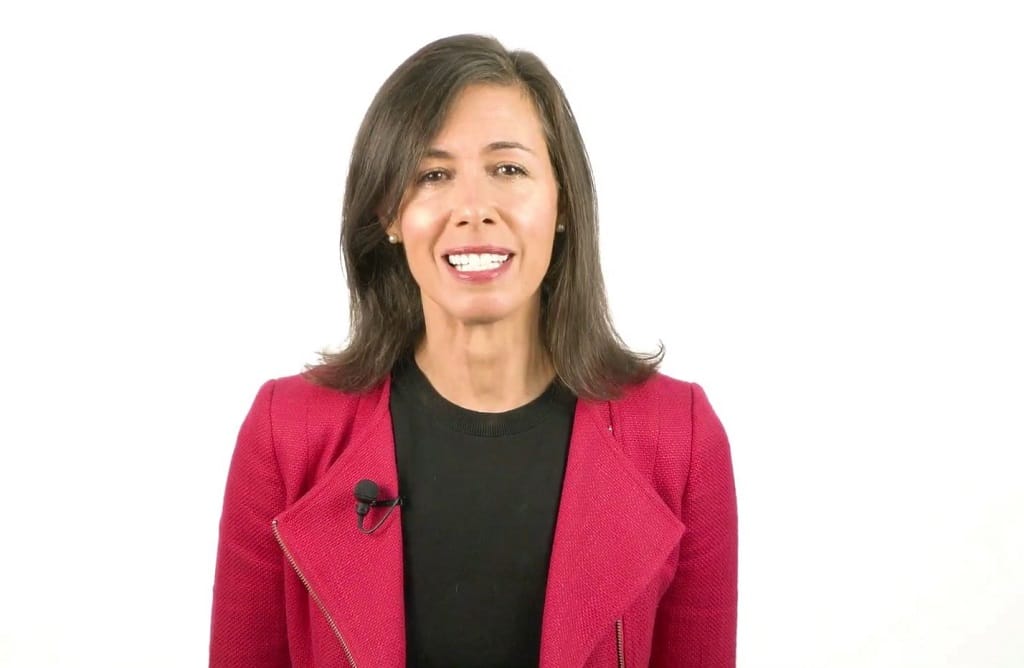FCC Narrows Small Provider Group for Accelerated Robocall Compliance Timeline
Providers that are not facilities-based will need to meet their robocall obligations by June 2022.
T.J. York

WASHINGTON, December 14, 2021 – The Federal Communications Commission said Friday it will provide facilities-based voice service providers a full two-year extension for complying with robocall regulations, while moving up the deadline for certain small operators to comply.
The agency originally ruled earlier this year that all small voice service providers that have 100,000 or fewer subscribers must comply by June 2022 with the STIR/SHAKEN regulations, a regime that requires operators to digitally validate the authenticity of a phone number and give consumers certainty that the number matches that of the supposed caller. The June 2022 date was revised earlier this year from a June 2023 timeline set earlier. The regime has been in place for large carriers since June of this year.
But after reviewing further evidence, the agency on Friday argued that a smaller “subset” of affected carriers that don’t have networks “are originating an increasing quantity of illegal robocalls.”
As a result, the FCC requires those non-facilities-based providers to continue to work toward the June 2022 deadline to comply with the regime, which operators have said is a highly technical and expensive endeavor. By narrowing the group, the FCC effectively allowed facilities-based operators to have the full compliance extension, until June 2023.
Friday’s decision follows submissions to the agency by facilities-based carriers who argued they should be granted a full extension to June 2023 precisely because the preponderance of illegal spam calls doesn’t originate from them.
The Competitive Carriers Association, NTCA, and USTelecom argued that facilities-based providers shouldn’t be penalized for calls that largely don’t run their networks.
The NTCA said in an August submission that “care must be taken to correctly identify this group of small providers in a surgical and precise manner that does not sweep in innocent actors and compel them to adopt this standard on a timeframe they had neither anticipated nor budgeted for.”
They also argued that the burden of proof is on the non-facilities-based carriers to who why they need additional time.









Member discussion